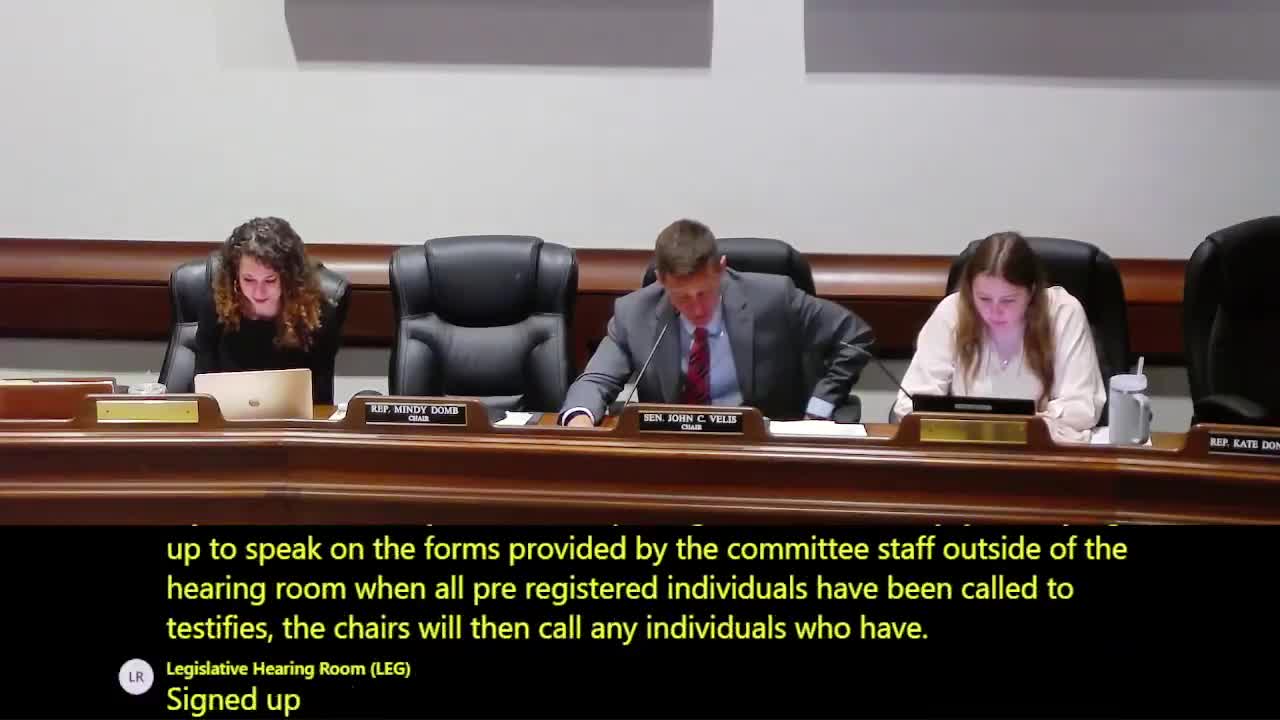Article not found
This article is no longer available. But don't worry—we've gathered other articles that discuss the same topic.

Families and clinicians press for study of PANS/PANDAS prevalence in psychiatric and therapeutic school settings
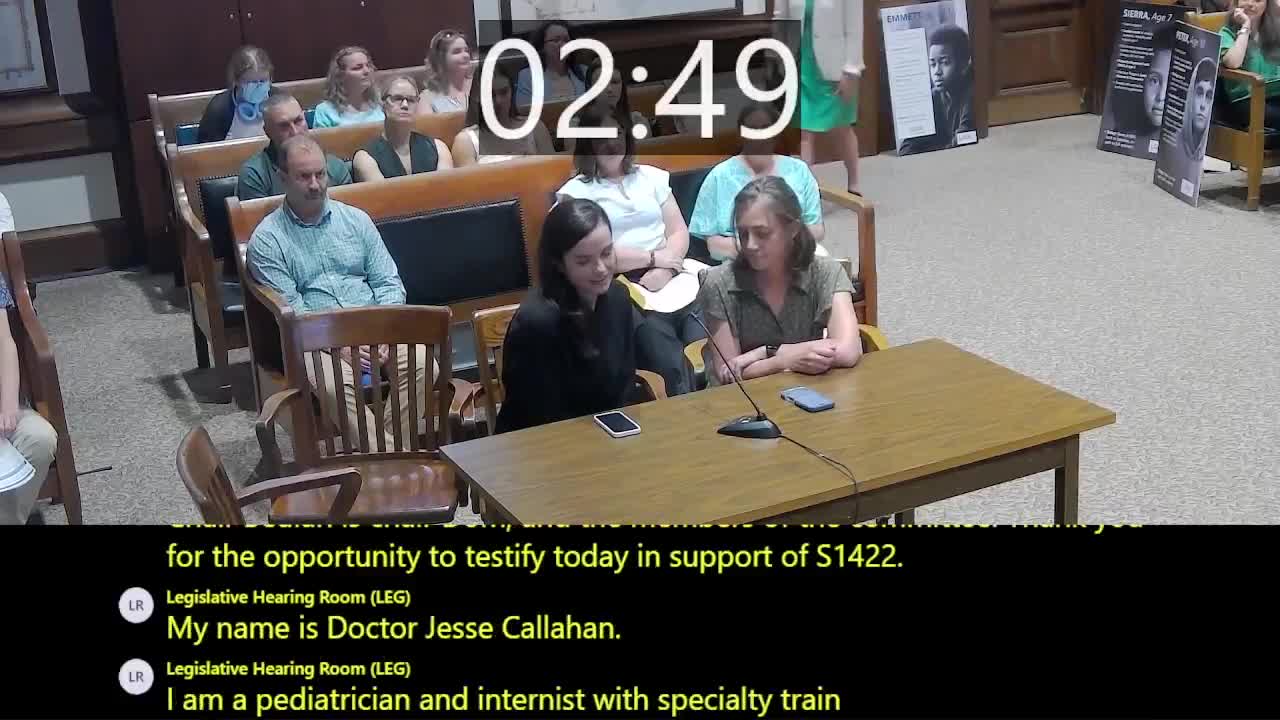
Provider group urges a strategic inventory and 5‑year plan for children's behavioral health services
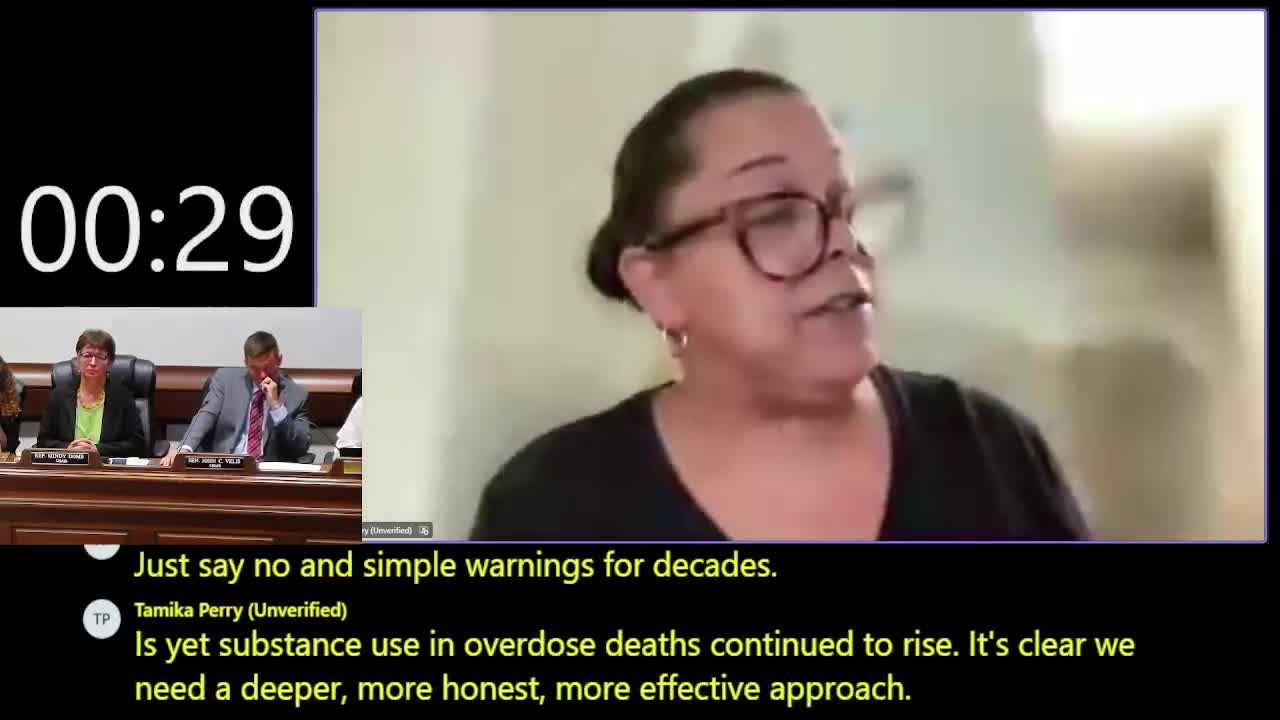
Doctors, students and harm‑reduction groups urge statewide requirement to keep naloxone in schools
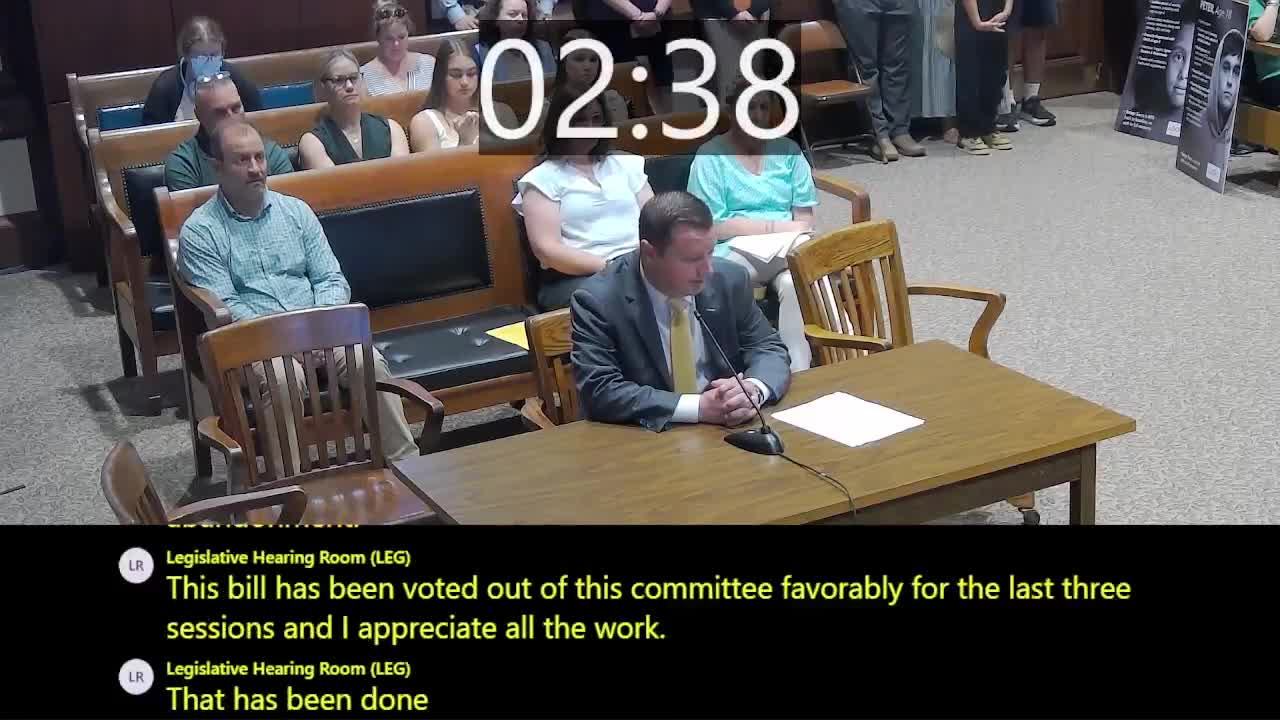
Bill to require Good Samaritan and overdose education in K–12 substance‑use policies draws emotional testimony
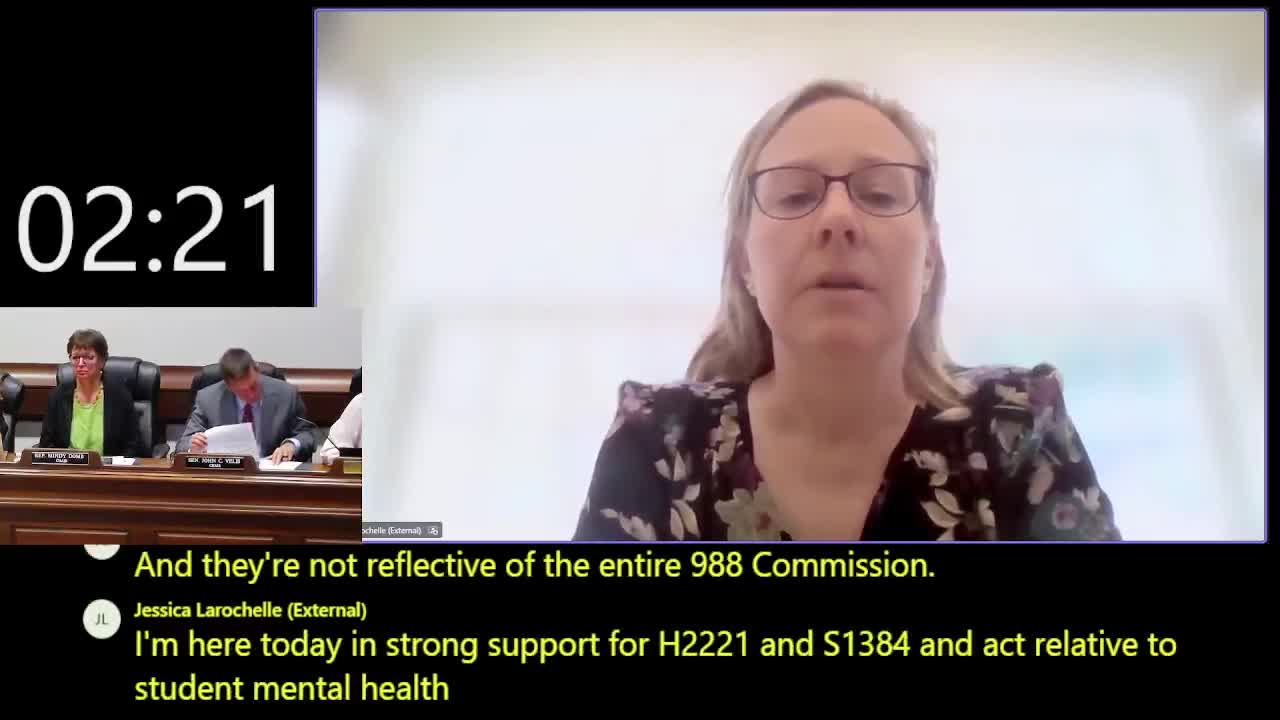
Advocates, crisis lines and lawmakers urge printing 988 on student ID cards to reach youth in crisis
